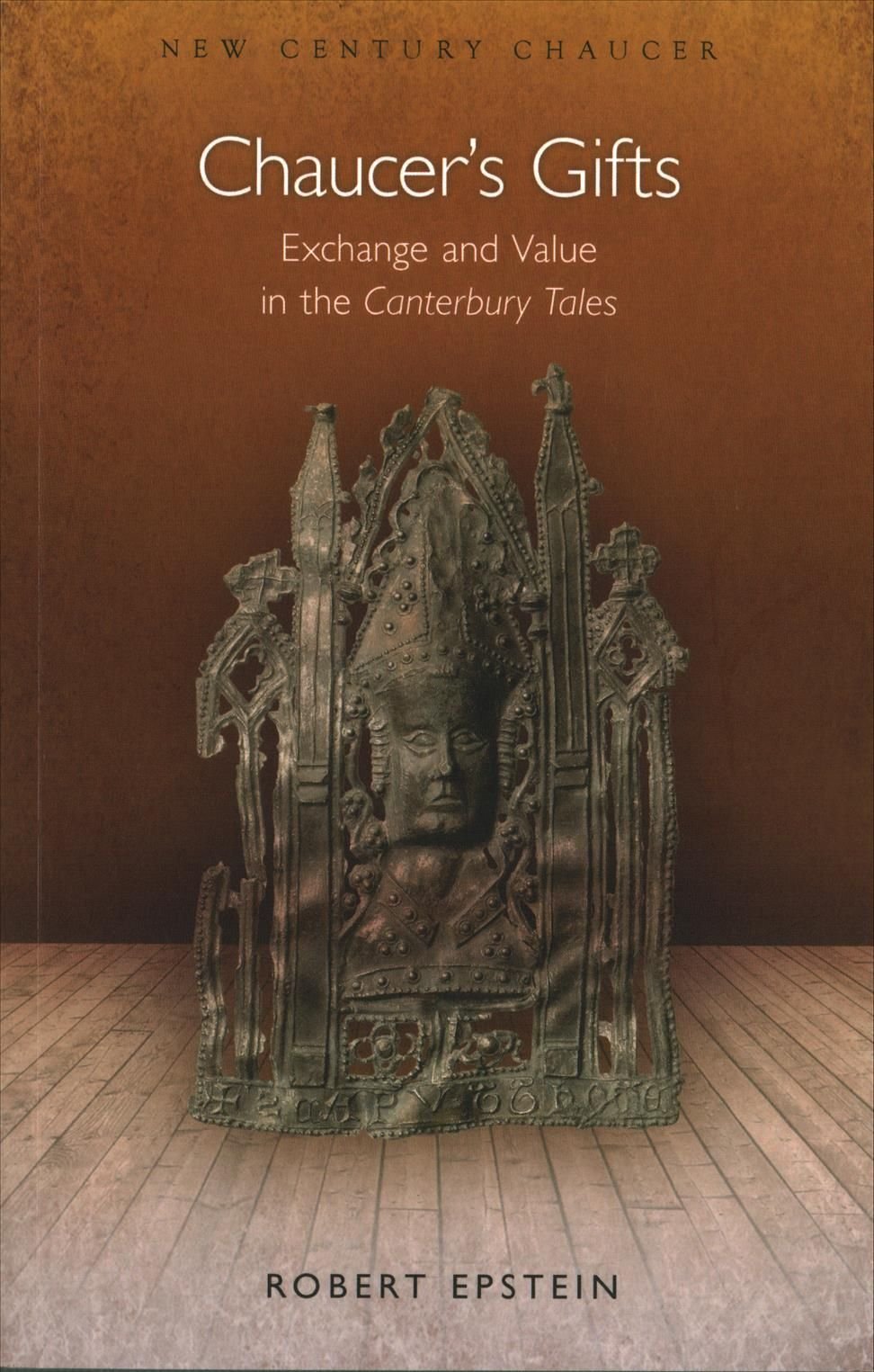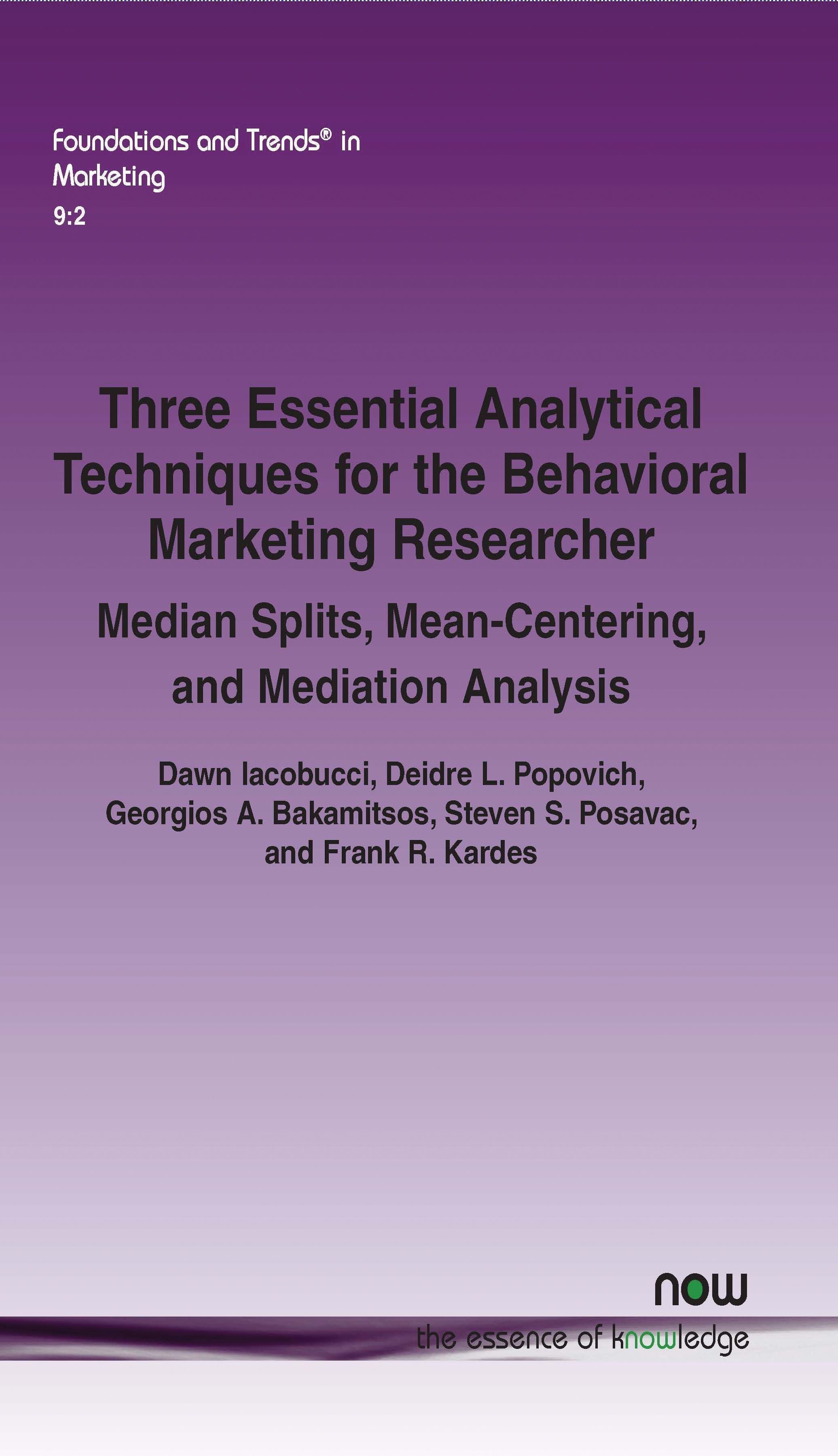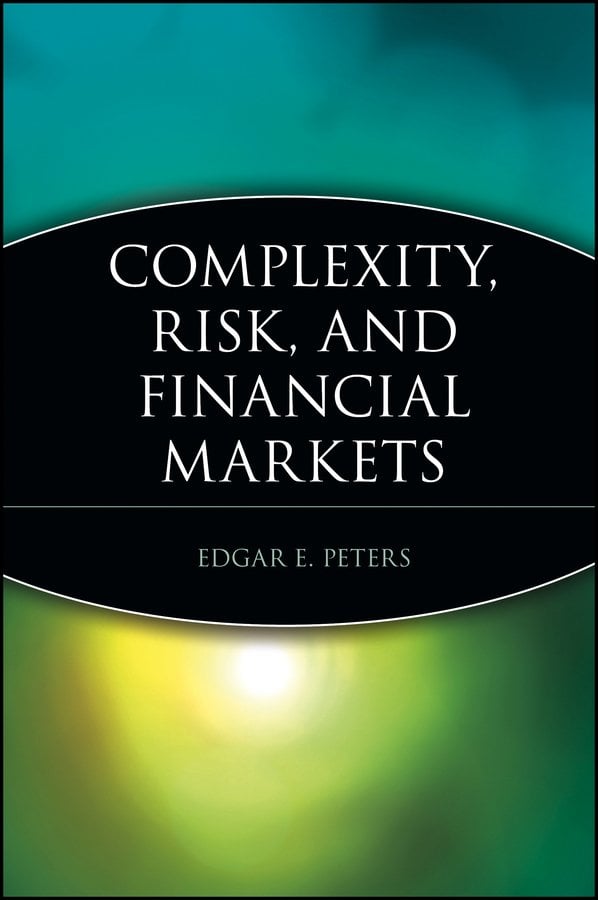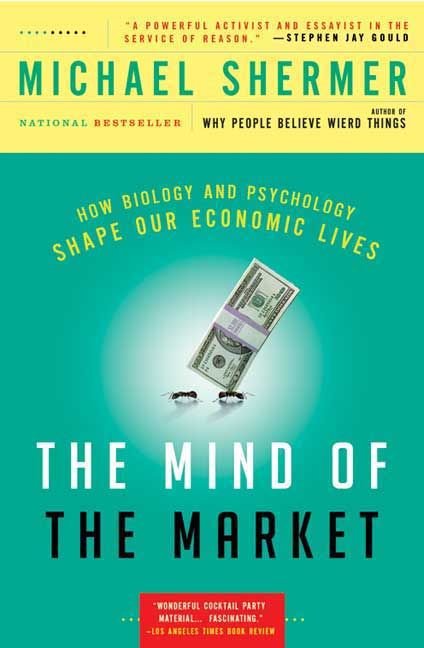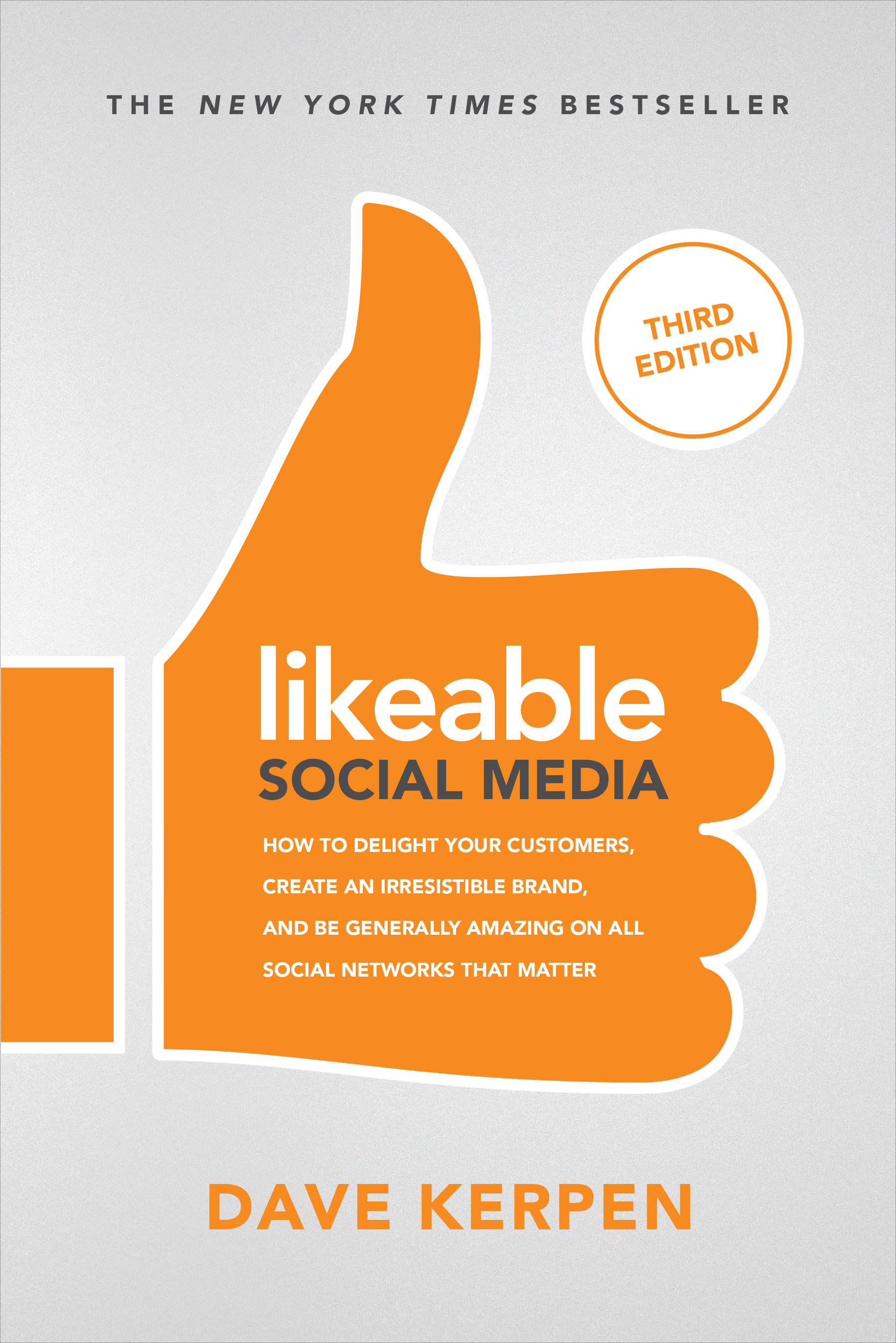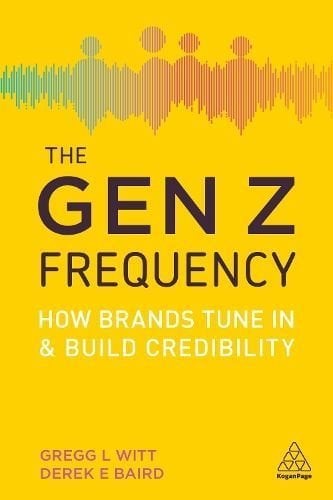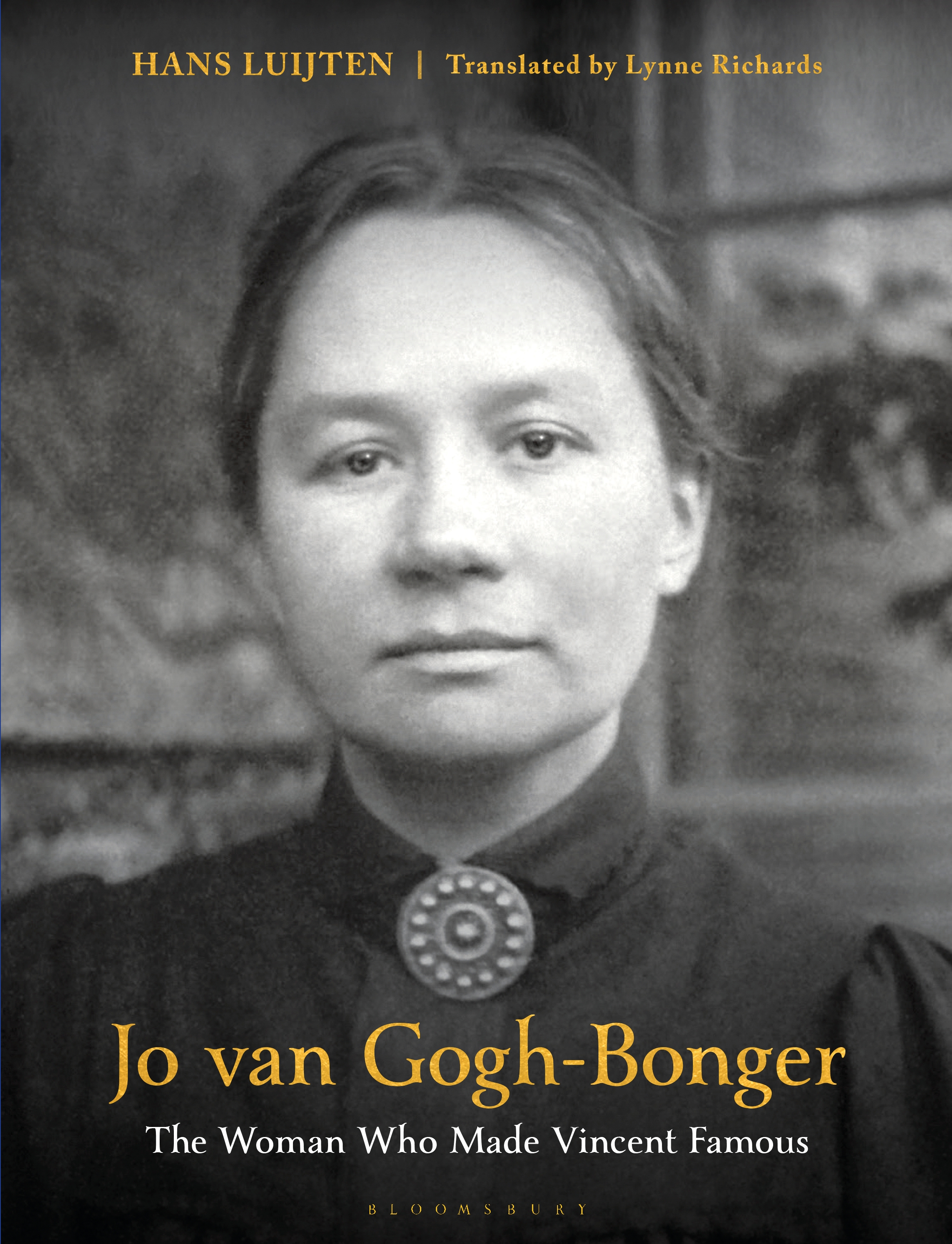Geoffrey Chaucer&;s Canterbury Tales&;the most celebrated literary work of medieval England&;portrays the culture of the late Middle Ages as a deeply commercial environment, replete with commodities and dominated by market relationships. However, the market is not the only mode of exchange in Chaucer&;s world, or in his poem. In Chaucer&;s Gifts, Robert Epstein reveals the complex gift economy at work in the Tales. To explain the network of exchanges and obligations found in the Canterbury Tales, Epstein applies recent advances in gift theory and introduces economic anthropology to medieval literary criticism. He makes the case that the world of the Canterbury Tales harbors deep commitments to reciprocity and obligation that are at odds with a purely commercial culture. Drawing on critiques from some of the most influential anthropologists and theorists, such as Pierre Bourdieu, Jacques Derrida, and Marilyn Strathern, Epstein shows that the market and commercial relations are not natural, eternal, or inevitable&;an essential lesson if we are to understand Chaucer&;s world&;or our own.
